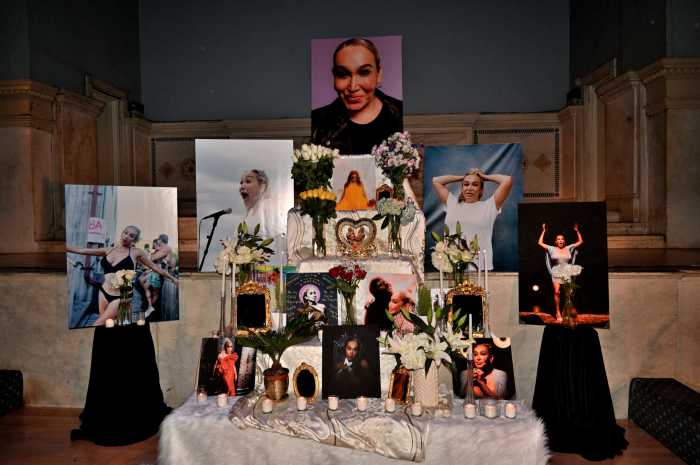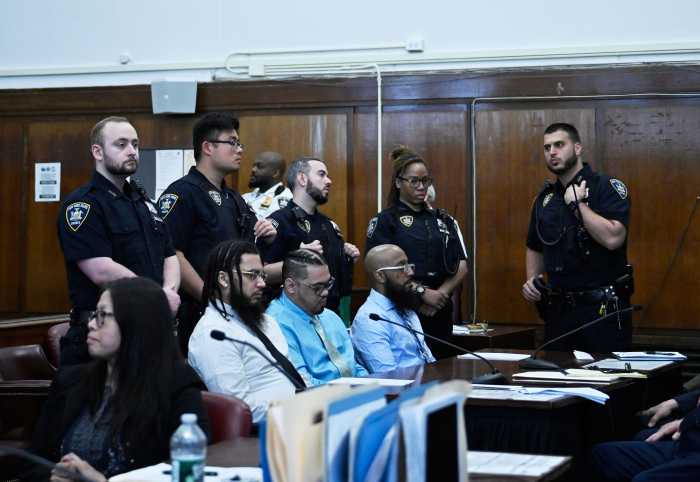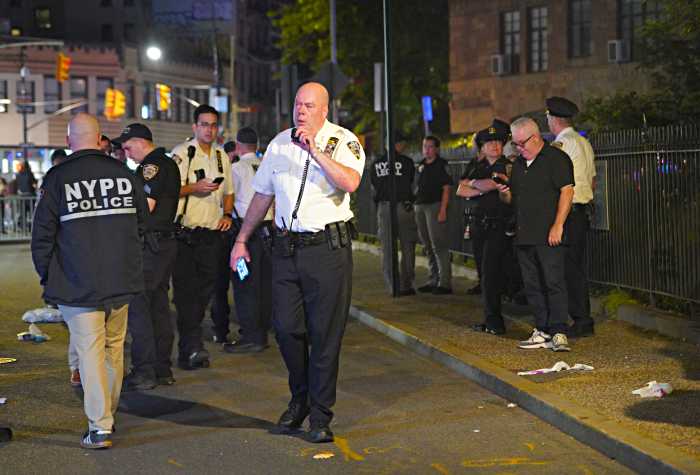As debates raged in the gay blogosphere over the sentence that Dharun Ravi should receive after being convicted on 24 charges including invasion of privacy, witness and evidence tampering, bias intimidation, and hindering prosecution, a few queer voices seeking little or no jail time for Ravi emerged in the mainstream press.
“I was in favor of no jail time in this case, but I think 30 days is well within the boundaries of what a fair and appropriate sentence is in this case,” said Richard Kim, executive editor at The Nation, a progressive magazine.
Ravi began serving 30 days in jail on May 31 and will pay a $10,000 fine plus additional costs, complete 300 hours of community service, undergo counseling, and stay on probation for three years. He first apologized for his actions on May 29. The defense and prosecution have said they will appeal.
Ravi faced more than 30 counts in his New Jersey trial, and, to be sure, many in the LGBT community sought a far harsher sentence. A great deal of anger was directed at the 20-year-old Ravi because after he briefly spied on Tyler Clementi, his gay college roommate, and another man having sex, tweeted about having done so, and then attempted to do so a second time, Clementi, 18, took his own life by jumping off the George Washington Bridge. Clementi’s 2010 death followed a string of suicides by gay kids who had been bullied by their peers.
At Ravi’s May 21 sentencing hearing, his attorney, Steve Altman, said his client had been “demonized by the gay community.”
Ravi was not charged with any crime related to Clementi’s death. In interviews with the New York Times and ABC’s “20/ 20,” jurors said the suicide played no part in their deliberations.
While the debate within the queer community over the trial and sentence occurred almost exclusively on gay blogs, it was nevertheless rancorous and sharply divided. The gay voices that the mainstream press quoted as urging leniency heard little negative feedback from the broader community.
Aaron Hicklin, the editor of Out magazine, wrote an editorial and spoke out in the press urging that Ravi be set free after the magazine ran a letter and photo essay by Tyler’s brother, James. Some readers responded with condemnations of Ravi.
Between the end of his trial and his sentencing, Ravi embarked on an effort to burnish his image, which included his interview on “20/ 20” and relied on mainstream press stories that cited gay voices calling for a more considered reaction.
“I do feel queasy about the way he has used an editorial like mine to reinforce his position,” Hicklin told Gay City News. “This isn’t about exonerating Ravi at all. It’s about a temperate response to something that we in the LGBT community know is widespread.”
Like Hicklin, others were motivated to speak out by the community’s demand for what they believed was revenge. Others were philosophically opposed to hate crime laws, which were used in the Ravi case.
William Dobbs, a longtime gay activist, was critical of Ravi’s prosecution because it was “way overcharged.” He has long pressed an effort to get the community to dial back its demands for punishment in criminal cases with LGBT victims. “For decades, we gays have had to push the criminal justice system into action, but that kind of pressure can also cause a miscarriage of justice,” said Dobbs, who carried a sign reading “Justice Not Vengeance” at a 2010 vigil on the Rutgers campus where Clementi and Ravi were students.
The LGBT community once frequently battled law enforcement, when it raided gay bars or arrested community members on sodomy charges. Dobbs points to the silence on another case in which a Rutgers student groped and filmed his sleeping roommate. That silence shows the community’s current lopsided approach to crime, he said. That student pleaded guilty to invasion of privacy and criminal sexual contact earlier this year. He will serve a year in jail, be on probation for life, and is required to register as a sex offender.
“These are very, very serious charges to be bringing against college students,” Dobbs said. “Both of these cases, they might have been university disciplinary matters. Instead, we are now using serious penalties against them.”
E. J. Graff, a contributing editor at the American Prospect, a progressive journal, saw a community that seized on the Clementi case as one that represented all the earlier suicides. “This was a pretty easy symbolic case for something we’d been having a national discussion about,” Graff wrote in an email. “Some cases become big because they stand for something we’re talking about.”
In many, if not all, of those earlier suicides, no one was charged with any crime. In Ravi, the community found a defendant it could hold responsible for the death, she argued. “This was not manslaughter and trying it as though it was manslaughter was oversimplifying a very complicated discussion and I think the judge got that,” Graff wrote.

































